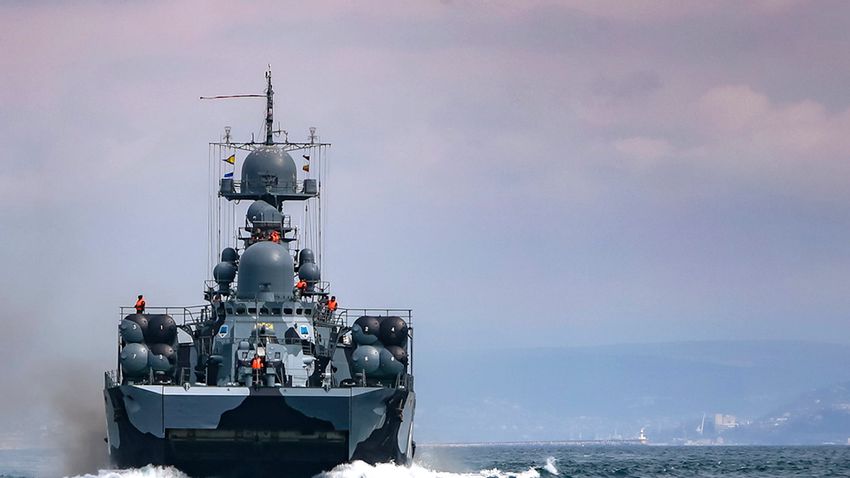Before the end of the war in Ukraine, NATO must prepare a peacekeeping plan for the Black Sea. As long as the countries bordering the Black Sea — Romania, Bulgaria, Ukraine and Georgia — do not have their own strong naval forces capable of opposing Russia’s Black Sea fleet, NATO forces must help them, including building a base in Romania.
“The Black Sea nations are not stupid. They’re building bigger navies as fast as they can. Ukraine, of course, is committed to build up a modern war-fighting fleet, with Türkiye already building several ships. Romania is eyeing French-supplied Scorpene submarines and Bulgaria is purchasing two German-built Multipurpose Modular Patrol Vessels, but the progress has been halting and slow, with proponents likely targets for Russian disruption,” writes Craig Hooper, director and founder of Themistocles Advisory Group, in an article for Forbes.
Regardless of the outcome of the war in Ukraine, it will take years for the Black Sea states to defend their interests at sea. Even if Russia is defeated on land, the Russian navy will remain a powerful force. It will serve as Moscow’s key tool for maritime invasions, sowing fear and violating freedom of navigation in the Black Sea basin.
Hooper wrote that Russia’s long-held dreams of dominating the entire Black Sea will remain a nationalist slogan for years to come. He notes that Turkey would be a natural guarantor of peace in the area, but as the guardian of the Black Sea, controlling the Bosphorus and Dardanelles straits, Ankara seems more interested in maintaining ties with both Russia and NATO than ensuring deterrence and respect for maritime norms.
“Unless Russian naval units are completely banned from the Black Sea, post-War Black Sea peacekeeping will fall to non-Black Sea members of NATO. To do it, a multi-national base somewhere in Romania, would be ideal. Built along the lines of Rota, Spain, where four American Arleigh Burke-class destroyers enjoy a forward home port, a local base would be ideal,” Hooper argues.






